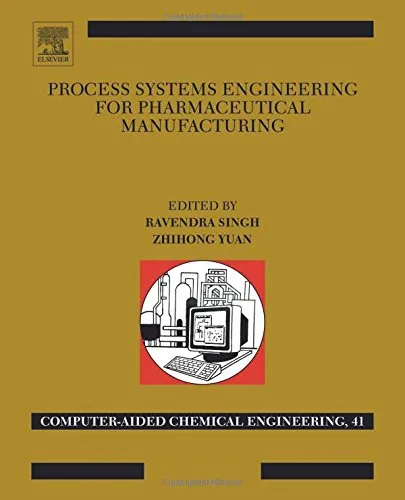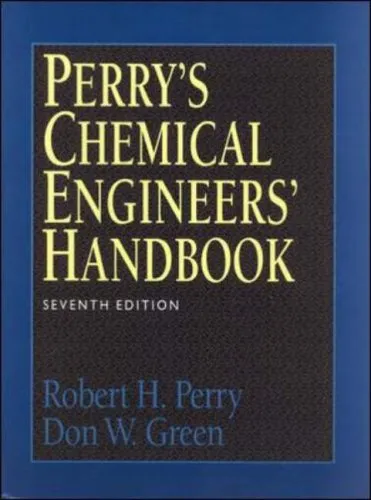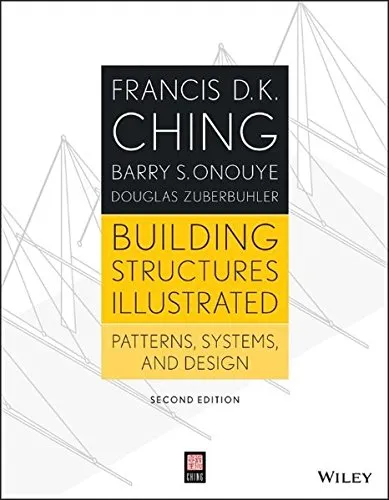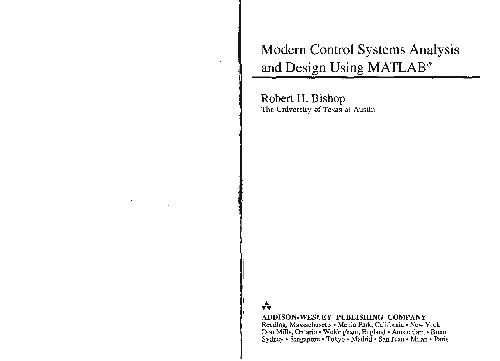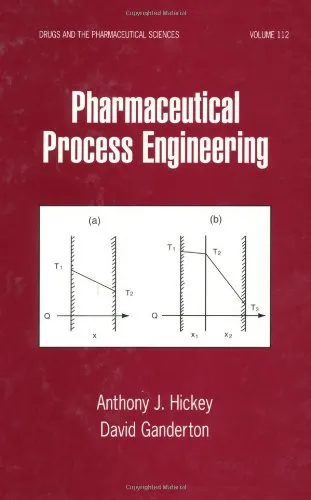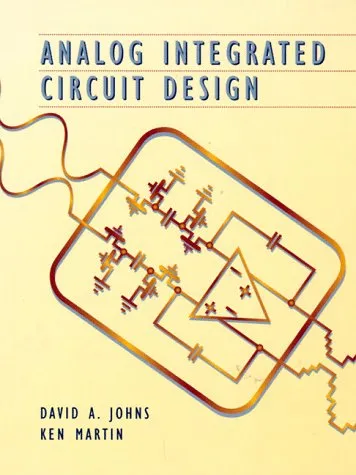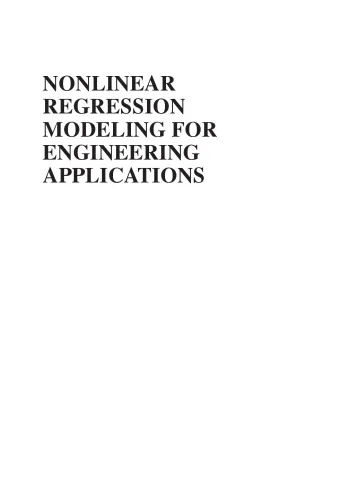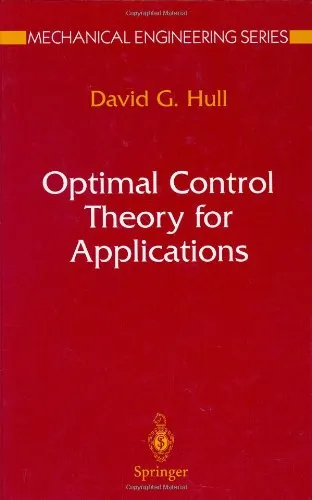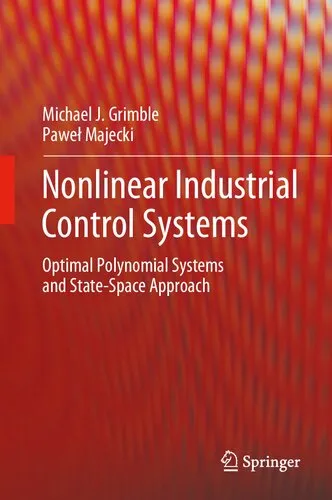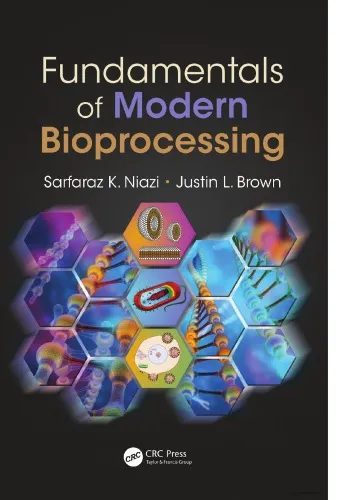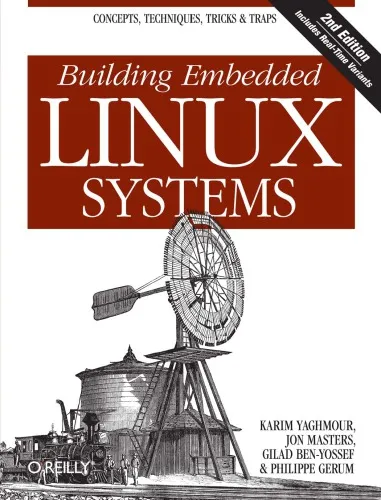Process Systems Engineering for Pharmaceutical Manufacturing
4.0
بر اساس نظر کاربران

شما میتونید سوالاتتون در باره کتاب رو از هوش مصنوعیش بعد از ورود بپرسید
هر دانلود یا پرسش از هوش مصنوعی 2 امتیاز لازم دارد، برای بدست آوردن امتیاز رایگان، به صفحه ی راهنمای امتیازات سر بزنید و یک سری کار ارزشمند انجام بدینکتاب های مرتبط:
معرفی کتاب "Process Systems Engineering for Pharmaceutical Manufacturing"
کتاب Process Systems Engineering for Pharmaceutical Manufacturing که توسط "راوندرا سینگ" و "ژیهونگ یوان" تدوین شده است، به عمق دانش و تحلیل در حوزه تولید دارویی پرداخته و روشهای بهینهسازی، طراحی و مدیریت سیستمهای پیچیده فرآیند را بررسی میکند. این کتاب منبعی بینظیر برای متخصصان، دانشجویان و پژوهشگران حوزه مهندسی سیستمهای فرآیندی و مهندسی داروسازی است که به دنبال درک تکنولوژیهای پیشرفته و کاربردی در صنعت داروسازی هستند.
خلاصهای جامع از کتاب
این کتاب مجموعهای جامع از مطالب بهروز و پیشرفته در زمینه سیستمهای فرآیندی برای تولید دارویی ارائه میدهد. فصلهای کتاب به مهمترین مباحث شامل فرمولاسیون ریاضی، مدلسازی، پیشبینی و کنترل فرآیند پرداختهاند. از بررسی تکنیکهای مختلف مانند Model Predictive Control (MPC) گرفته تا تحلیل قابلیت تولید مداوم (Continuous Manufacturing)، این کتاب یک دید جامع از کل زنجیره ارزش در تولید دارویی را به مخاطب القا مینماید.
نویسندگان در تلاش بودهاند تا پلی میان مباحث تئوریک و کاربردهای عملی در دنیای واقعی ایجاد کنند. تحولی که این اثر ارائه میدهد در ایجاد سازگاری میان کارایی، پایداری و کیفیت در فرآیندهای تولیدی نمایان میشود. هر فصل با جزئیات فراوان و با ارائه مثالهای واقعی، خوانندگان را برای درک عمیقتر موضوعات هدایت میکند.
نکات کلیدی کتاب
- بررسی Process Analytical Technology (PAT) و اهمیت آن در تولید دارو.
- مطالعه و پیادهسازی سیستمهای پیشرفته Artificial Intelligence (AI) و Machine Learning (ML) در خطوط تولید.
- توجه به مفاهیم پایداری و چابکی در تولید دارویی مدرن.
- بیان فرآیندهای مداوم و پیشرفتهایی که میتواند صنعت را به مراحل جدیدی برساند.
- پیشنهادات برای مدلسازی دقیق و یکپارچهسازی فرآیندها با استفاده از تکنیکهای پیشرفته.
نقلقولهایی معروف از کتاب
"Successful pharmaceutical manufacturing relies on the seamless integration of Process Systems Engineering (PSE) and modern automation technologies."
"The future of pharmaceutical processes lies in intelligent, data-driven systems enabling efficiency without compromising quality."
چرا این کتاب اهمیت دارد؟
امروزه صنعت داروسازی با چالشهای بسیاری همچون نیاز به پایداری بیشتر، بهرهوری بالا و رعایت استانداردهای بالای کیفیتی مواجه است. این کتاب با ارائه راهحلهای کاربردی و دانش تکنولوژیکی پیشرفته، راهنمایی جامع برای متخصصان و تصمیمگیرندگان این حوزه محسوب میشود. نویسندگان با بهرهگیری از سالها تجربه حرفهای و پژوهش، نه تنها مفاهیم اساسی مهندسی فرآیند را توضیح دادهاند بلکه به کاربردهای آن در دنیای واقعی نیز پرداختهاند.
Process Systems Engineering for Pharmaceutical Manufacturing به خوانندگان این توانایی را میدهد که فرآیندهای تولید را بهینهسازی کنند، هزینهها را کاهش دهند و کیفیت محصولات را افزایش دهند. این کتاب همچنان برای بهروز نگه داشتن دانش از جریانهای تکنولوژیکی جاری نظیر Digital Twin و Big Data الهامبخش است.
Introduction to "Process Systems Engineering for Pharmaceutical Manufacturing"
"Process Systems Engineering for Pharmaceutical Manufacturing," edited by Ravendra Singh and Zhihong Yuan, is a comprehensive exploration of the intersection between process systems engineering (PSE) and pharmaceutical production. As the pharmaceutical industry continuously evolves to meet stringent demands for efficiency, quality, and compliance, this book provides an essential roadmap for leveraging process engineering methodologies to enhance every phase of pharmaceutical manufacturing.
The book delves deeply into the integration of PSE principles, combining advanced modeling, optimization, and control techniques with real-world applications in pharmaceutical operations. From the development of efficient large-scale production processes to ensuring high standards of drug quality and safety, the knowledge presented within these chapters helps bridge the gap between academic innovation and industrial practices. Designed for both professionals and researchers, it covers cutting-edge concepts while emphasizing practical applications that align with regulatory frameworks like FDA's Quality by Design (QbD) and Process Analytical Technology (PAT).
Summary of the Book
The book is structured around the idea that pharmaceutical production can no longer rely on traditional methods alone. Instead, advanced technologies and systems engineering approaches are essential to meet modern challenges such as cost pressures, regulatory requirements, and the growing demand for personalized medicine. The authors and contributors—experts from academia and industry—analyze the entire pharmaceutical manufacturing lifecycle using a systems-based perspective.
Topics range from process design and operations to analytical methodologies that ensure robust and high-quality manufacturing. With an emphasis on integrating computational models, automation, and real-time data analytics, the book demonstrates how to optimize pharmaceutical processes holistically. It also explores challenges like scalability, variability in raw materials, and stringent regulatory compliance, offering innovative solutions that align with industrial trends such as continuous manufacturing and advanced process control.
Beyond technical concepts, the authors highlight the importance of integrating sustainability into production processes, using optimization techniques to reduce waste, energy, and material consumption. Importantly, the book also reflects on the paradigm shift from batch manufacturing toward automated, continuous manufacturing systems, widely regarded as the future of the industry.
Key Takeaways
- Understanding how process systems engineering principles can be applied to modernize pharmaceutical manufacturing processes.
- Insights into Quality by Design (QbD) and Process Analytical Technology (PAT) principles for ensuring consistent product quality.
- Discussion of advanced modeling techniques, including computational fluid dynamics (CFD), molecular modeling, and reaction kinetics.
- Practical guidance on transitioning from batch to continuous manufacturing for improved operational efficiency.
- Exploration of automation, machine learning, and real-time monitoring in modern pharmaceutical operations.
- Emphasis on sustainability and energy efficiency in process optimization.
Famous Quotes from the Book
"The application of process systems engineering in pharmaceutical manufacturing is not just transformative—it is necessary to meet the challenges of a rapidly evolving industry."
"By integrating advanced modeling and control frameworks, the pharmaceutical industry can minimize variability while maximizing efficiency and compliance."
Why This Book Matters
This book is an essential resource for anyone seeking a deeper understanding of modern pharmaceutical manufacturing challenges and their solutions. As regulatory pressures increase and competitive markets demand faster innovation, organizations must adopt new methodologies to stay ahead. Process systems engineering offers the perfect toolkit for solving complex industrial problems, and this book provides both the technical foundations and applied frameworks necessary for successful implementation.
With contributions from leading experts across multiple disciplines, the book serves as a bridge between theoretical advancements in PSE and their applications in pharmaceutical production environments. Beyond offering technical insights, it also instills a systems-oriented mindset—a critical perspective for addressing problems like cost management, quality assurance, and environmental sustainability.
Whether you're a researcher, engineer, manager, or policymaker, "Process Systems Engineering for Pharmaceutical Manufacturing" equips you with the knowledge and tools to drive innovation while maintaining regulatory compliance. It stands as a testament to how interdisciplinary approaches can shape the future of one of the most critical global industries.
دانلود رایگان مستقیم
شما میتونید سوالاتتون در باره کتاب رو از هوش مصنوعیش بعد از ورود بپرسید
دسترسی به کتابها از طریق پلتفرمهای قانونی و کتابخانههای عمومی نه تنها از حقوق نویسندگان و ناشران حمایت میکند، بلکه به پایداری فرهنگ کتابخوانی نیز کمک میرساند. پیش از دانلود، لحظهای به بررسی این گزینهها فکر کنید.
این کتاب رو در پلتفرم های دیگه ببینید
WorldCat به شما کمک میکنه تا کتاب ها رو در کتابخانه های سراسر دنیا پیدا کنید
امتیازها، نظرات تخصصی و صحبت ها درباره کتاب را در Goodreads ببینید
کتابهای کمیاب یا دست دوم را در AbeBooks پیدا کنید و بخرید
1253
بازدید4.0
امتیاز0
نظر98%
رضایتنظرات:
4.0
بر اساس 0 نظر کاربران
Questions & Answers
Ask questions about this book or help others by answering
No questions yet. Be the first to ask!
